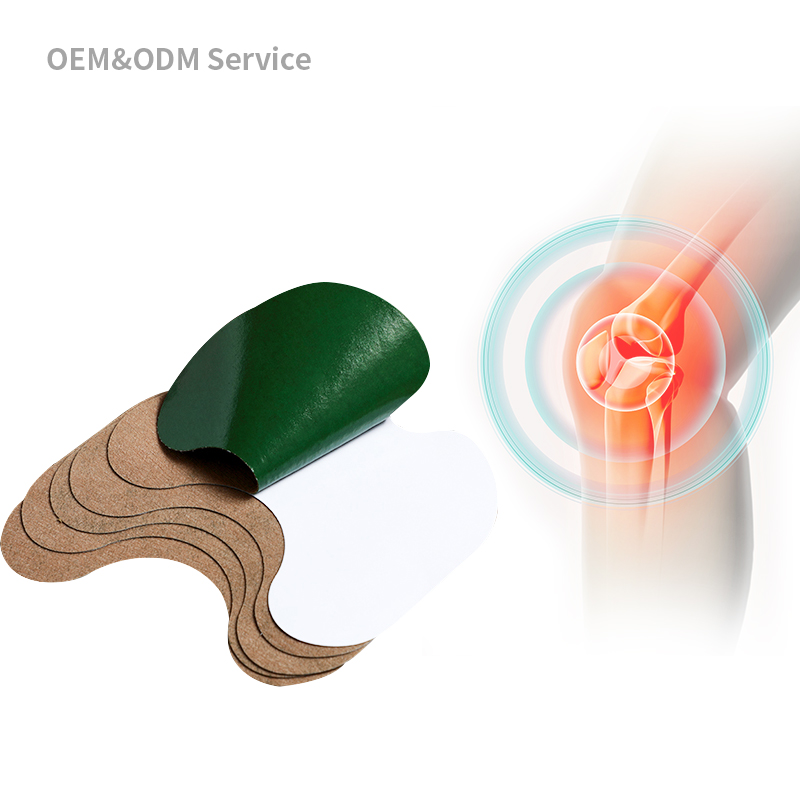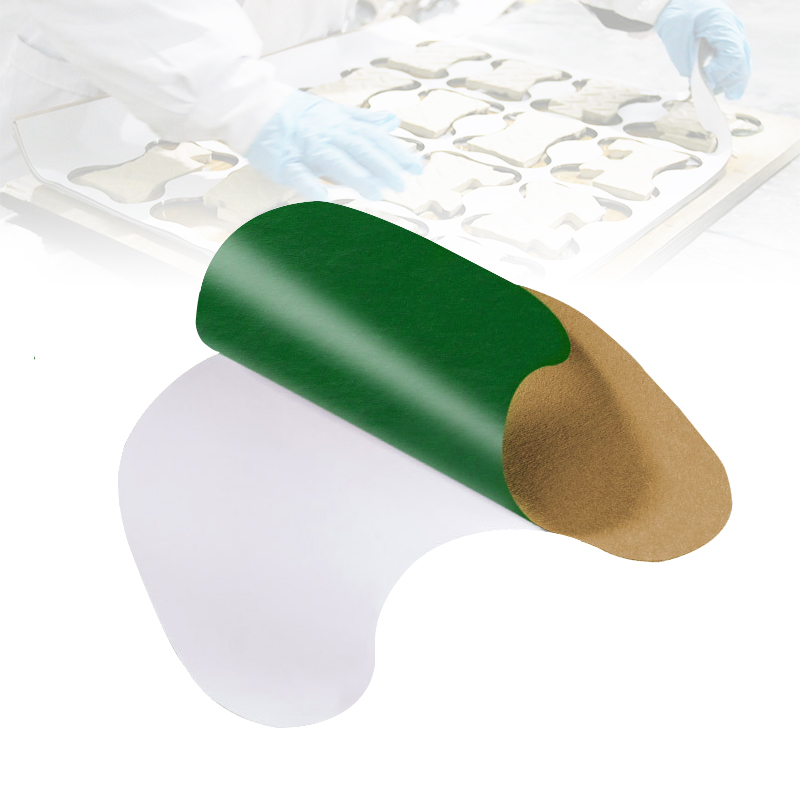What Are Private Label Knee Pain Relief Patches?
Private label knee pain relief patches are becoming an increasingly popular option for businesses looking to enter the health and wellness market. These patches allow companies to offer high-quality, effective pain relief solutions under their own brand. This article delves into the concept of private label knee pain relief patches, exploring their benefits, the process of creating them, and how they can provide a competitive edge in the market. Additionally, we will answer some common questions related to private label knee pain relief patches.

Understanding Private Label Knee Pain Relief Patches
What Are Private Label Knee Pain Relief Patches?
Private label knee pain relief patches are products manufactured by one company but marketed and sold under another company's brand. This allows businesses to offer custom knee pain relief patches without investing in their own manufacturing facilities.
The Role of OEMs and Suppliers
Knee Pain Relief Patches OEM (Original Equipment Manufacturer) and suppliers play a crucial role in the production of private label products. They handle the manufacturing process, ensuring high-quality standards and compliance with regulations, while the purchasing company focuses on branding and marketing.
Benefits of Private Label Knee Pain Relief Patches
1. Brand Differentiation
Unique Branding: Private label knee pain relief patches allow companies to create a unique brand identity. By offering products under their own label, businesses can differentiate themselves from competitors and build brand loyalty.
Customization Options: Companies can work with OEMs to create custom formulations and designs that reflect their brand values and meet their customers' specific needs. This level of customization can enhance the appeal of the product.
2. Cost-Effective Market Entry
Reduced Investment: Private labeling eliminates the need for significant upfront investment in manufacturing facilities and equipment. Companies can leverage the existing infrastructure of knee pain relief patches manufacturers, reducing capital expenditure.
Economies of Scale: Partnering with established manufacturers allows businesses to benefit from economies of scale, resulting in lower production costs and competitive pricing.
3. High-Quality Products
Expert Manufacturing: Reputable Knee Pain Relief Patches suppliers and OEMs have extensive experience and expertise in producing effective pain relief patches. They adhere to strict quality control measures to ensure the final product meets high standards.
Regulatory Compliance: Manufacturers are well-versed in regulatory requirements and ensure that private label knee pain relief patches comply with all relevant guidelines, making it easier for companies to enter various markets.
4. Flexibility and Scalability
Adaptability: Private label arrangements offer flexibility in product development and scaling. Companies can quickly adapt to market trends and consumer demands by modifying formulations, packaging, and branding.
Scalable Production: OEMs can scale production based on demand, ensuring that businesses can meet customer needs without facing supply shortages or overproduction issues.
5. Focus on Core Competencies
Brand Building: By outsourcing manufacturing to OEMs, companies can focus on their core competencies such as brand building, marketing, and customer engagement. This allows them to create a strong brand presence in the knee pain relief market.
Customer Relationships: Businesses can dedicate more resources to understanding and serving their customers, improving customer satisfaction and loyalty.
The Process of Creating Private Label Knee Pain Relief Patches
1. Selecting a Manufacturer
Choosing the right Knee Pain Relief Patches manufacturer is critical. Businesses should look for manufacturers with a proven track record, advanced manufacturing capabilities, and a commitment to quality and regulatory compliance.
2. Product Development
Formulation: Collaborate with the OEM to develop a formulation that meets the desired efficacy and safety standards. This may involve selecting active ingredients, determining dosages, and ensuring proper delivery mechanisms.
Design and Packaging: Work with the manufacturer to design packaging that aligns with your brand identity. This includes the patch design, packaging materials, and labeling.
3. Quality Assurance and Testing
Manufacturers will conduct rigorous testing to ensure the product's safety, efficacy, and compliance with regulatory standards. This may involve stability testing, skin irritation tests, and efficacy trials.
4. Regulatory Approval
The manufacturer will assist in navigating the regulatory approval process, ensuring that the private label knee pain relief patches meet all necessary guidelines and can be marketed legally in the target regions.
5. Production and Distribution
Once the product is approved, the manufacturer will begin mass production. Businesses can then manage the distribution, marketing, and sales of the private label patches.
Common Questions About Private Label Knee Pain Relief Patches
1. What are the benefits of private labeling knee pain relief patches?
Private labeling offers brand differentiation, cost-effective market entry, high-quality products, flexibility, scalability, and the ability to focus on core competencies such as branding and customer relationships.
2. How do private label knee pain relief patches ensure quality and compliance?
Reputable manufacturers adhere to strict quality control measures and regulatory guidelines, ensuring that private label patches meet high standards for safety and efficacy.
3. What customization options are available for private label knee pain relief patches?
Customization options include tailored formulations, unique packaging designs, and branding elements that reflect the company's identity and meet specific market needs.
4. How can businesses benefit from collaborating with a Knee Pain Relief Patches OEM?
Collaborating with an OEM provides access to expert manufacturing, economies of scale, regulatory compliance support, and the ability to quickly adapt to market trends and consumer demands.
5. What should businesses consider when choosing a Knee Pain Relief Patches supplier?
Businesses should consider the supplier's track record, manufacturing capabilities, commitment to quality, regulatory compliance, and ability to offer customization and scalability.






